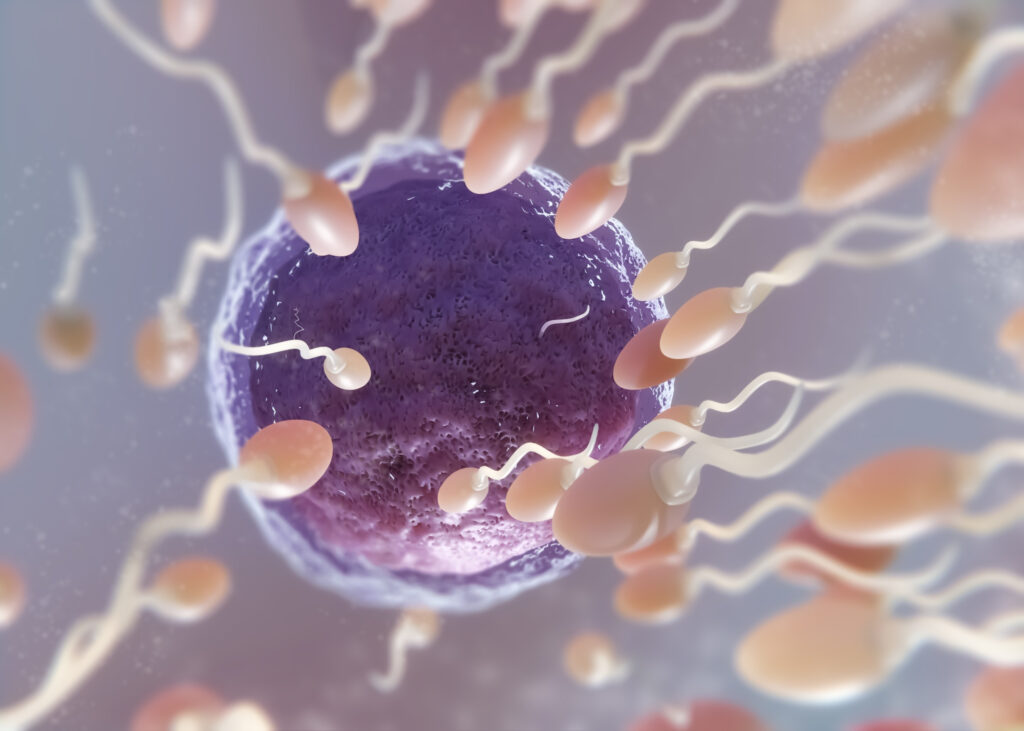Having a baby often involves navigating a complex landscape of tips, tricks, and guides. However, understanding the IVF cycle can be daunting without the right guidance. Let’s explore the timeline and essential details to help you navigate the process smoothly. At NewHopePoints, we’re here to help you understand every step of the journey.
Understanding the IVF Cycle Timeline
How Long is the IVF Process Start to Finish?
The IVF process typically spans about 4-6 weeks from start to finish. Here’s a detailed breakdown:
- Ovarian Stimulation (10-14 days): Hormones stimulate the ovaries to produce multiple eggs. Monitoring through blood tests and ultrasounds ensures optimal growth.
- Egg Retrieval (15-20 minutes): A minor surgical procedure retrieves mature eggs from the ovaries. This process is done under sedation to minimize discomfort.
- Fertilization (3-5 days): Eggs are fertilized with sperm in a lab. Embryologists monitor the embryos to select the best ones for transfer.
- Embryo Transfer (5 days after retrieval): A selected embryo is transferred into the uterus. This procedure is quick and typically pain-free.
- Two-Week Wait: A waiting period follows, after which a pregnancy test determines the outcome.
How Many Months Are Between IVF Cycles?
The interval between IVF cycles can vary based on individual circumstances and the clinic’s recommendations. Generally, a waiting period of 1-2 months between cycles is common. This break allows the body to recover and prepare for the next round of treatment.

How Many Rounds of IVF is Normal?
The number of IVF rounds needed varies widely among individuals. On average, most couples undergo 2 to 3 rounds before achieving success. However, it’s not uncommon for some to need more attempts, while others succeed on the first try. Factors influencing the number of rounds include age, underlying fertility issues, and overall health.
When is IVF Most Successful?
IVF success rates depend on several factors, including age and the specific fertility issue being addressed. Typically, success rates are higher for younger women, with the highest rates seen in women under 35. However, advancements in technology and personalized treatment plans at surrogacy clinics can significantly boost success rates for all age groups.
When to Stop IVF?
Deciding when to stop IVF is deeply personal and varies from person to person. Key considerations include:
- Emotional and Physical Well-being: Continuous IVF cycles can be taxing. It’s essential to consider the emotional and physical toll.
- Financial Factors: IVF can be expensive, and it’s important to weigh the financial burden.
- Medical Advice: Consult with your doctor to understand your unique situation and the potential for future success.
Conclusion
Navigating the IVF process requires patience, understanding, and support. While NewHopePoints does not specialize in IVF or ICSI procedures, we provide comprehensive guidance and resources for intended parents and surrogate mothers throughout their journey. Our expertise lies in surrogacy, ensuring that you receive the best care and support tailored to your unique needs.
Whether you’re just starting your fertility journey or considering surrogacy options, NewHopePoints is here to help you every step of the way.
